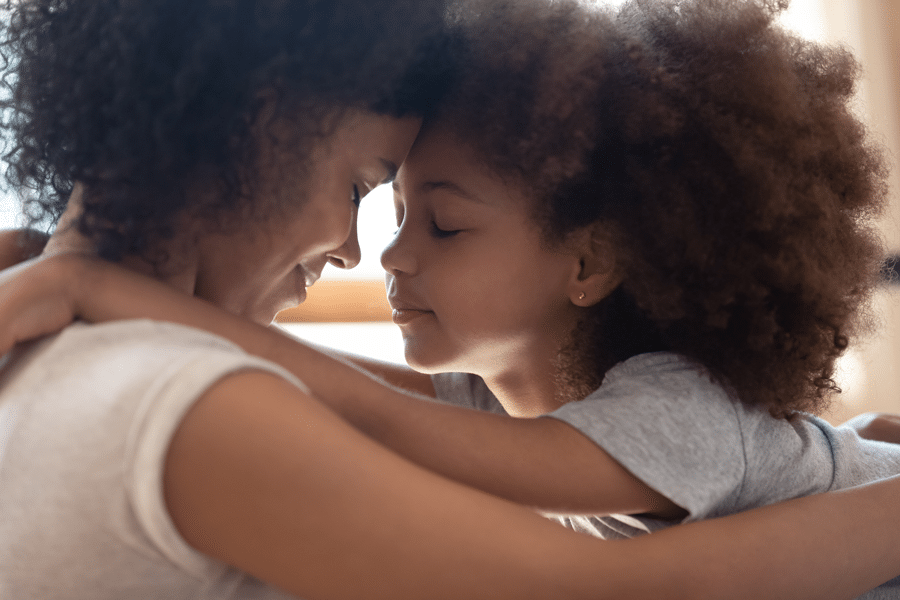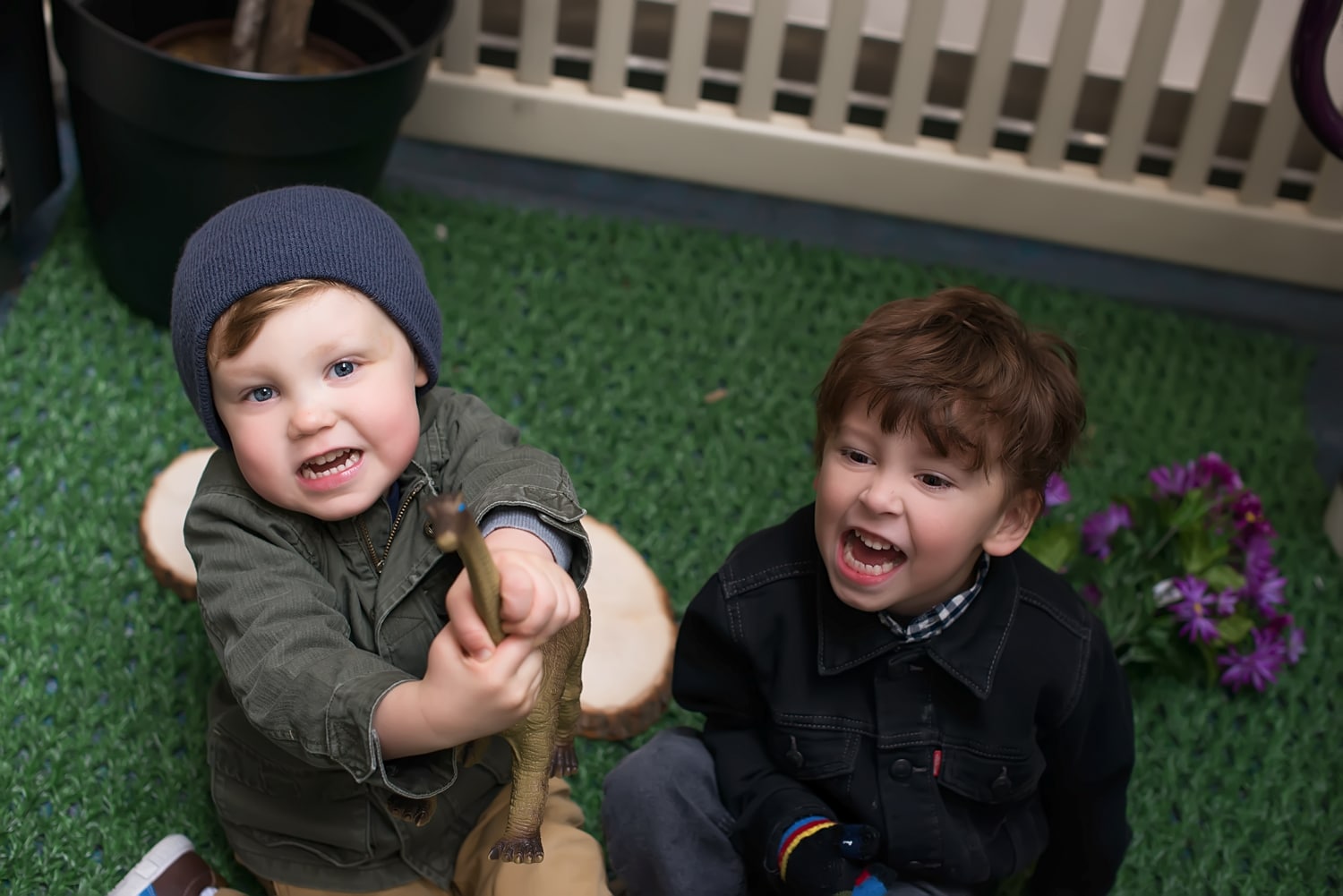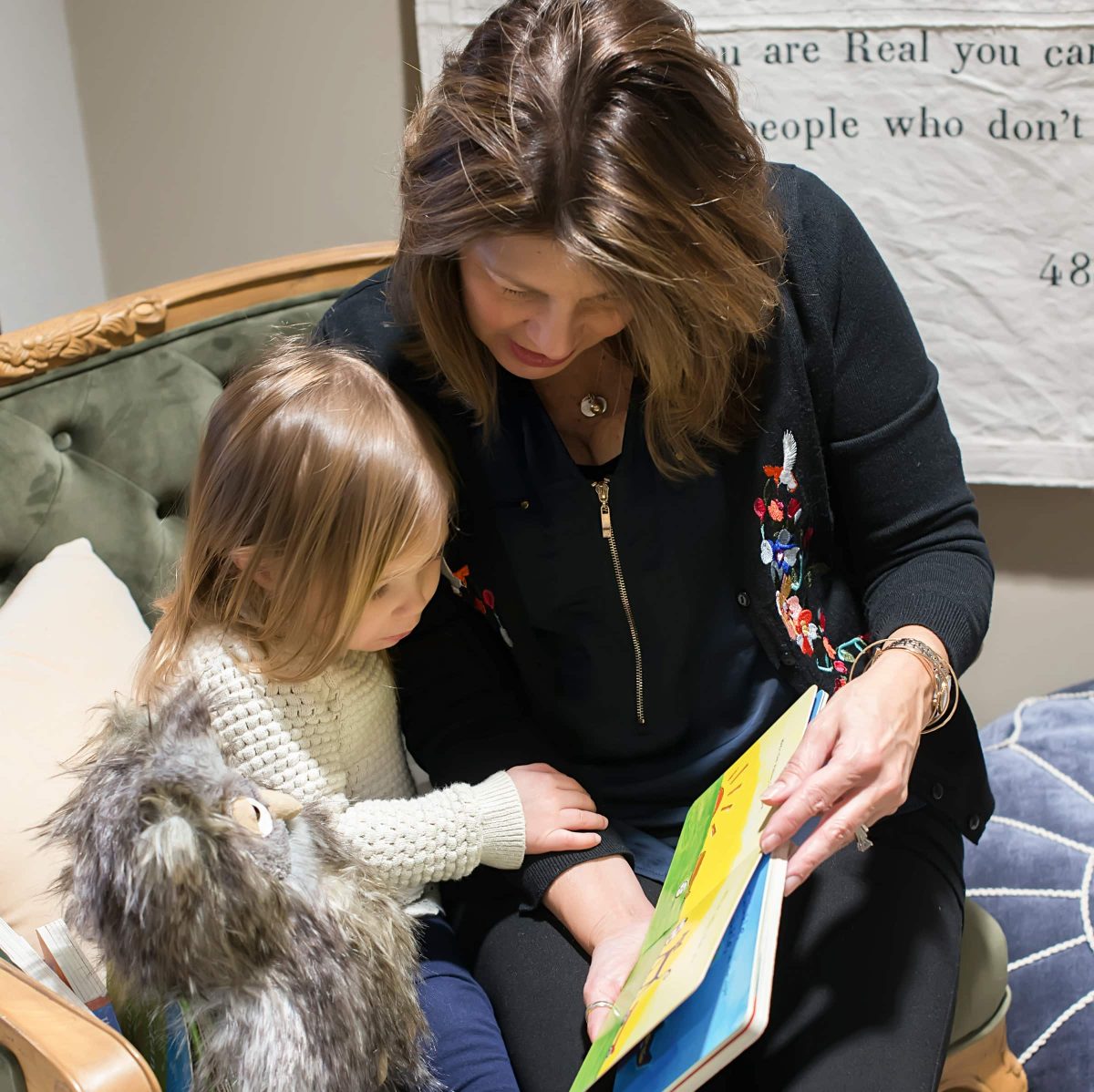With the evolving news on the Coronavirus/COVID-19 pandemic, we know young children are seeing things on TV and/or overhearing conversations which might be frightening or confusing to them. Here are some ideas about responding to children’s questions and concerns around COVID-19, as well as a few ideas to help relieve some of the stress that children might be feeling right now.
- Assure your child that you and all the adults in their life (teachers, other family members, other community members) are working extra hard to keep your family healthy. Let them know that doctors and nurses are ready to take good care of anybody who may become sick.
- Ask your children what they know about what is going on with the world. Don’t share with them more than is developmentally appropriate.
- Read books that can teach your child more about germs: Germs Are Not for Sharing, A Germs Journey, etc.
- Add kid friendly (scent and color) soaps to your shopping list to make washing more fun.
- Encourage children to come to you with their questions. Let them know that if you don’t have the answer right then, you will share an answer when you have one.
- Children might be confused as to why events are cancelled. Simply explain we are staying home because if we have germs, we don’t want to spread to those people who could get really sick.
- It may be comforting for children to schedule (put on a physical calendar) calls/FaceTime/Skype to connect with grandparents, neighbors, etc. who are missing from their daily routine right now.
- Now that more and more people will be self-quarantining, avoid using words that sound big and scary such as self-quarantine, emergency, or lock down. You could use phrases like “family days” or “extra stay-home days”. Make certain that your children know that you are excited about this extra time together.
- Practice mindfulness activities to calm worried minds. Kira Willey, a children’s music artist, has an album called Mindful Moments for Kids that has 30 breathing and mindfulness activities.
- Ask your children how they can be helpers! Keeping other people safe by covering coughs and sneeze, or making cards for neighbors or grandparents that they might not have seen for awhile.
Most importantly, reassure your children that it is okay to have feelings, about this situation or otherwise, and that you are their safe space. They can share their feelings with you no matter what.





 Slow September: Navigating Periods of Change…
Slow September: Navigating Periods of Change…


